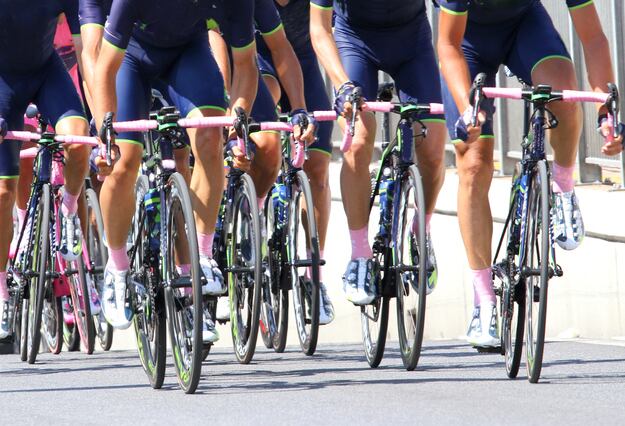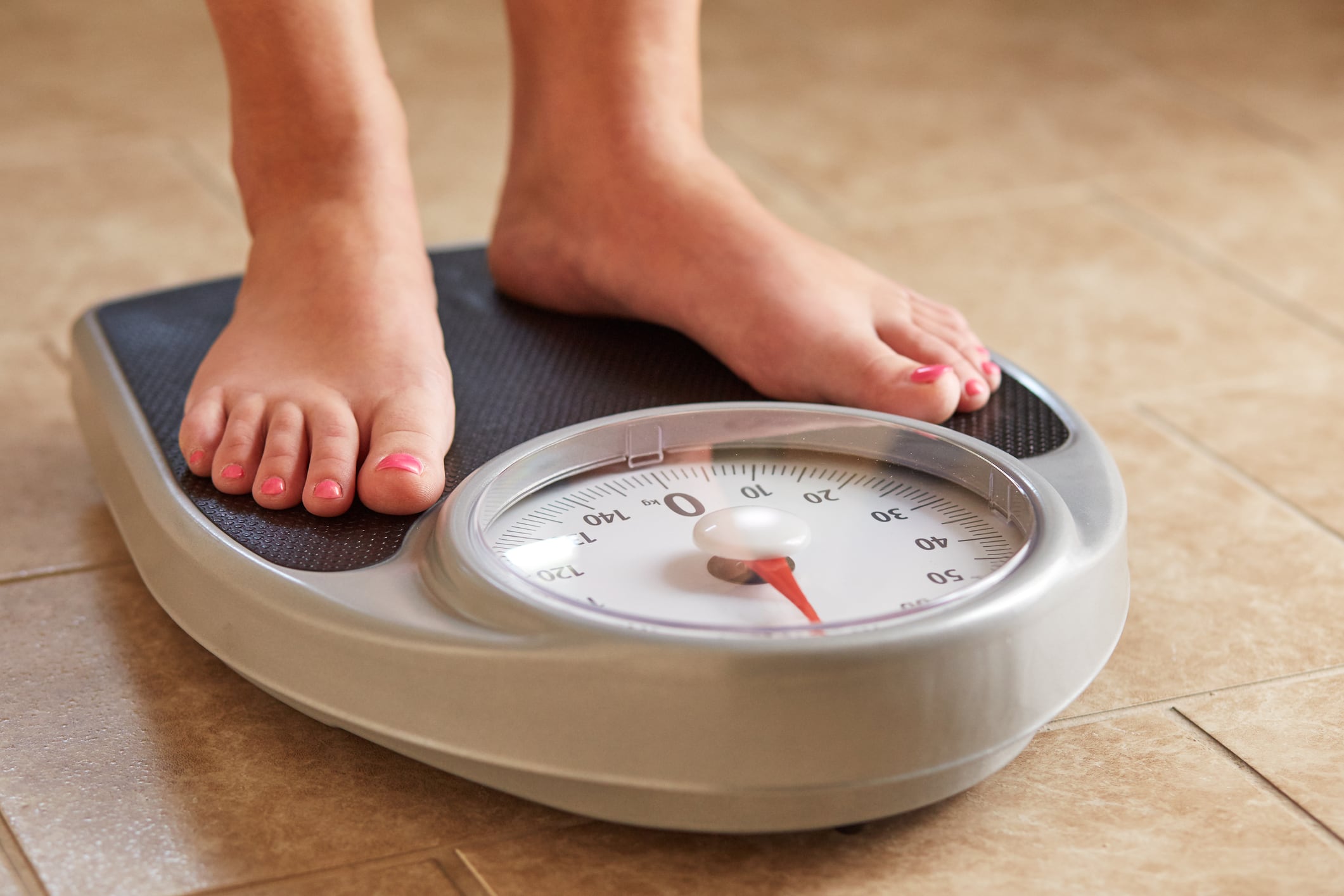The new research was published in the Journal of the International Society of Sports Nutrition. It was conducted by a team of researchers associated with a college and a hospital in Israel and was supported by Altman Health Israel, a dietary supplement manufacturer.
Gut health issues bane of elite cyclists
Gut health issues have long been the bane of competitive cyclists. Road cyclists often compete in events that last for hours and must ingest large quantities of calories on the go in order to maintain enough energy for the latter stages of events. In addition, it is well established that heavy aerobic training and competition cycles can suppress immune system function, which can predispose cyclist to gut problems.
Some elite cycling races, such as Tour de France mountain stages, might call for an expenditure of as much as 7,000 calories (dependent on rider weight, of course), in addition to what a competitor would need to eat just to maintain body weight as part of normal life. While ‘stomach problems’ were once thought of a convenient excuse for competitors who wished to dodge doping controls during events, there is no doubt that the large amount of food that riders need to choke down combined with heavy training and hard racing is a serious challenge for their digestive systems. Every year racers either lose large amounts of time during events or have to drop out altogether because their guts can’t keep up.
Multi strain probiotic tested
To test whether a probiotic intervention could help such riders the Israeli researchers recruited 27 male cyclists who were ranked category 1 (top national class) or elite class (eligible for international competitions). The subjects ranged in age from the early 20s to early 30s, and, as might be expected from such a group, all were lean, with BMIs ranging from 21 to 25.
The subjects were randomly divided into test and placebo groups. The test group received a multi strain probiotic product that consisted of Lactobacillus helveticus Lafti L10, Bifidobacterium animalis ssp. lactis Lafti B94 Enterococcus faecium R0026, Bifidobacterium longum R0175 Bacillus subtilis R0179. The total dosage for the strains was 15 billion CFU. The subjects took the probiotic or the placebo for 90 days.
The cyclists performed VO2 max, ventilatory threshold, and time to exhaustion tests on a cycling ergometer both at intake and again after 90 days. In the interim they maintained their normal feeding and training protocols. The study was conducted during the fall and early winter. This constitutes the cycling ‘off season’ when the riders were training an average of about 14 hours a week. Blood was also drawn at intake and completion to measure inflammatory markers.
In addition, the cyclists completed questionnaires on their GI symptoms that including nausea, bloating, heartburn, belching, vomiting and urge to defecate.
GI symptoms improved; other measures unaffected
The researchers found that the probiotic supplementation did not affect performance measures, with the exception of a lower RPE (rate of perceived exertion) for the probiotic group during the time to exhaustion test. But the intervention had a marked effect on the GI measures.
“The results derived from the GI symptom questionnaire revealed a significant decrease in occurrence of GI symptoms at rest (heartburn, belching and vomiting) and during training (sum of all symptoms) in the E group compared to C group,” the researchers concluded.
Harder exertion might make results more stark
Ralf Jäger, PhD, principal in the scientific consulting firm Increnovo LLC, has conducted a number of clinical trials on probiotic interventions. Along with the researchers, who noted that the GI symptom improvement seemed greater the harder the exertion, Jäger said the same test during harder cycles of training might have expanded the observed effects.
“The improved GI health did not translate to reduced inflammation. Endurance exercise induces leaky gut by transferring blood from the GI tract to the exercising muscles, opening the tight junctions,” he said.
Source: Journal of the International Society of Sports Nutrition
18, Article number: 36 (2021)
The effect of probiotic supplementation on performance, inflammatory markers and gastro‐intestinal symptoms in elite road cyclists
Authors: Schreiber, C, et al.




